You’ve found a great house and it can be yours…as long as it passes inspection.
In this article, we’ll discuss what will fail a home inspection and what to do when serious issues are uncovered.
Making an offer on a house is a huge step in the home buying process, but it’s not quite cause for celebration. Before you can start booking a moving company and buying new furniture, there’s one important step that needs to happen first: the home inspection.
If you’re really attached to a house, waiting for the results of the home inspection can be nerve-wracking. What will they find? Does the house have good bones? What if it doesn’t pass inspection? What will fail a home inspection?
These are crucial questions in reaching the next phase of home buying. As professional home inspectors, we’ve seen it all! Here are seven of the most common things that a home inspection could uncover.
Home Inspections Aren’t Tests
Before we get any further, it’s worth mentioning that a home can’t actually “fail” an inspection. Home inspections aren’t tests and you will never see an inspection report with a big, red “F” on it.
An inspection report is simply a snapshot of a home’s current condition.
You may be looking for a home that is move-in ready, but another family might be perfectly fine with a few minor repairs. Yet another couple might be specifically looking for a fixer-upper that they can renovate to their liking. An inspection report that shows a roof that is in need of replacing and a broken HVAC system will mean different things to each of these buyers.
There is one way that your home can “fail” an inspection, and it all rests on your lender.
The financial institution behind your loan wants to know that they are making a good investment in your new property. If a home is in too poor of a condition, they might not approve the sale. In this situation, you would have a choice: purchase the home using your own cash or move on to another home.
The purpose of a home inspection is to let you know what to expect before you purchase a given home. When it comes to real estate, there’s no such thing as a Return Policy. To be prepared (mentally and financially) to take responsibility of a home, you need to know what you’re getting yourself into.
A good home inspection can give you the insight you need.
What Will “Fail” A Home Inspection?
While you can’t technically “fail” a home inspection, there are some problems that are more serious than others. The seven issues listed below are some of the most extensive (and therefore expensive) things to fix in a home.
Roof
Not only is a home’s roof important for keeping out the elements, it’s one of the most expensive features to replace. A new roof can cost upwards of $20,000 (depending on the size and type of materials).
Another thing you have to keep in mind is how old the roof is. Although a well-built, well-maintained roof can last for as long as 20 years, most insurance companies will not insure a roof that is older than 10 or 15 years. If you don’t have enough set aside to pay for a new roof in the next few years, the age of the roof is something to consider.
Foundation
A home’s foundation is literally the “groundwork” that holds everything else up. Cracks, settling, or improperly poured foundations can lead to a host of other expensive issues.
Your inspector will also examine the area around your home. If the ground slopes toward the foundation (rather than away from it), you could be looking at issues with water intrusion, mold, or cracking.
While it is possible to repair or even replace a crumbling foundation, it’s not a quick (or cheap) fix.
Walls & Framing
A home’s walls must be strong enough to provide stability and structure and to withstand wind and other elements. While things like paint color and decorative trim are incredibly easy to change, it’s a lot more work if the framing itself is crooked or leaning.
Furthermore, a home inspector will be able to tell when cracks in a wall are merely cosmetic issues or a sign of something larger, such as a sinkhole.
Electrical
With most of the electrical system hidden behind the walls, there could be problems lurking that you’d never discover without a thorough, professional home inspection.
Frayed, outdated, or improperly installed wiring is not only a code violation, it’s a fire hazard.
Plumbing
Like your wiring, the vast majority of the plumbing is hidden behind the walls. And while faulty pipes aren’t a fire hazard, they do put a home at risk.
Leaky pipes—especially ones that you don’t see—are a huge expense. Water intrusion can damage foundations, cause mold, attract pests, and rack up a giant repair bill.
HVAC
Let’s face it, central air conditioning is what makes living in Florida possible. If the HVAC system isn’t functioning, neither you nor anyone else will be able to live in the home comfortably. Experts recommend that even vacant homes should be kept no higher than 80°F to prevent mold and mildew growth.
Mold
As we’ve mentioned before, not all “black” mold is toxic. However, even a relatively benign strain of mold can cause a musty odor (not to mention, it just looks gross). If you will have to pay for a mold remediation before you can move in, that’s something you’ll want to be aware of.
Termites and Pests
Even if your home is constructed from concrete blocks, termites and other wood-destroying organisms are a big deal. Nearly every home uses some form of wood framing, if not in the walls, at least in the roof.
There are plenty of products available on the market for treating a termite infestation yourself but frankly, none of these methods work. You will have to pay for professional termite control as quickly as possible (termites never sleep).
What To Do Next
Just because the inspection report shows an issue with the roof or foundation doesn’t mean you need to walk away from the house (unless your lender doesn’t approve the loan, that is).
If the home inspection uncovers problems, you can renegotiate your offer so that you have some funds leftover to fix the issues.
At EDC, we always recommend that home buyers negotiate for a lower sale price rather than asking the seller to fix the problems before closing. When you give the seller control over how the repairs are completed, you relinquish all control over your future home. In our opinion, it is much better to choose contractors and products yourself so that you can do your due diligence and make sure you are getting quality service.
Once you have the inspection report, do some research to gather an estimate of the repair costs. (Your inspector may be able to provide you with cost estimates.)
The Right Home Inspector Matters
Any number of these issues could cause a home buyer to want to back out of the deal. But a home inspection is only as good as the inspector.
Instead of selecting an inspector based on price, base your decision on their qualifications, experience, warranty, and customer service.
An inspector who charges a rock bottom price but misses the water damage deteriorating the foundation is a waste of your time and money. Look for an expert who can give you the most thorough and accurate report on a home so you can make a decision with all the facts.
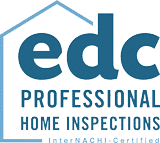

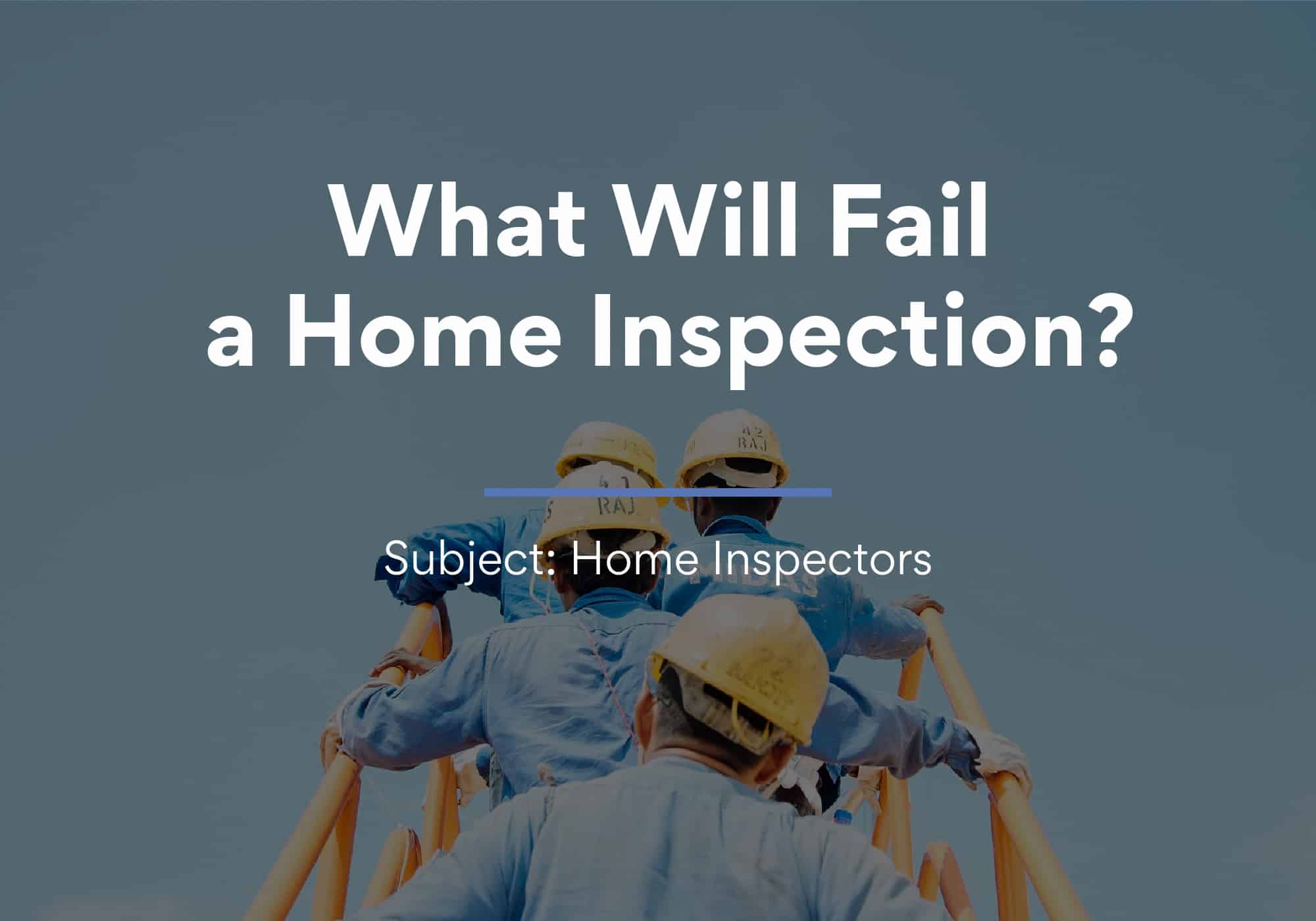
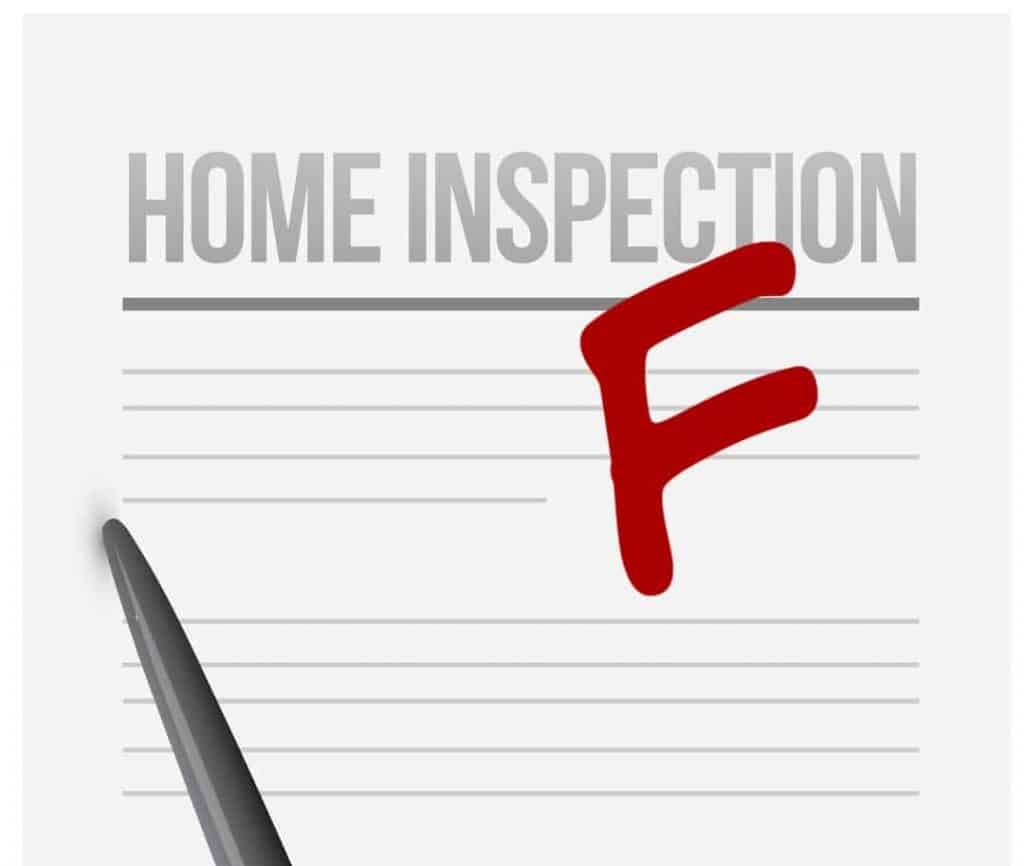
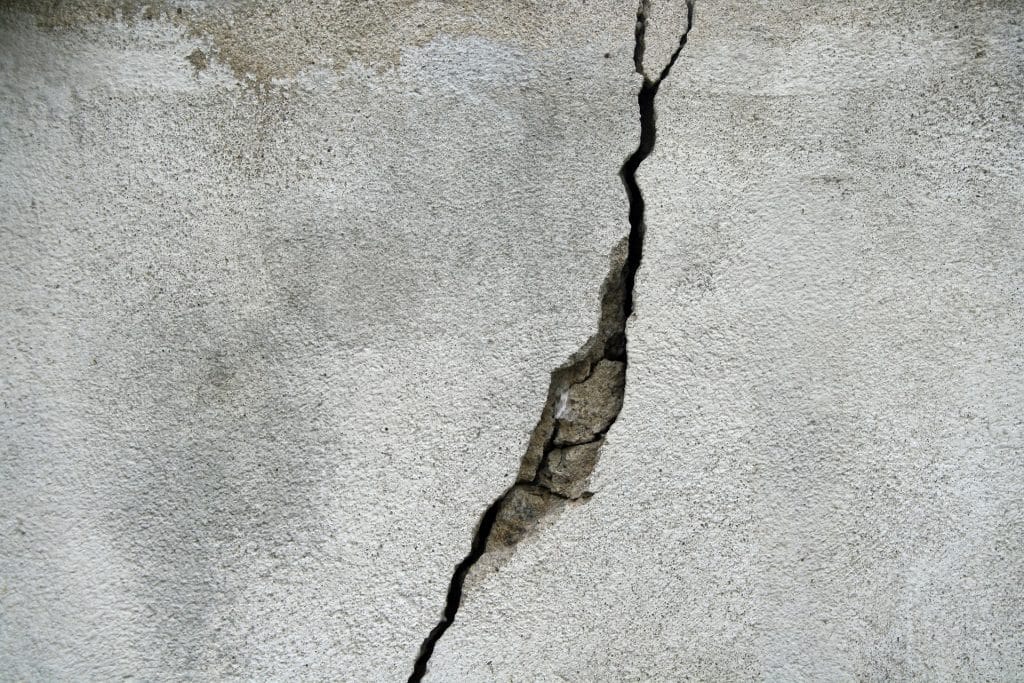
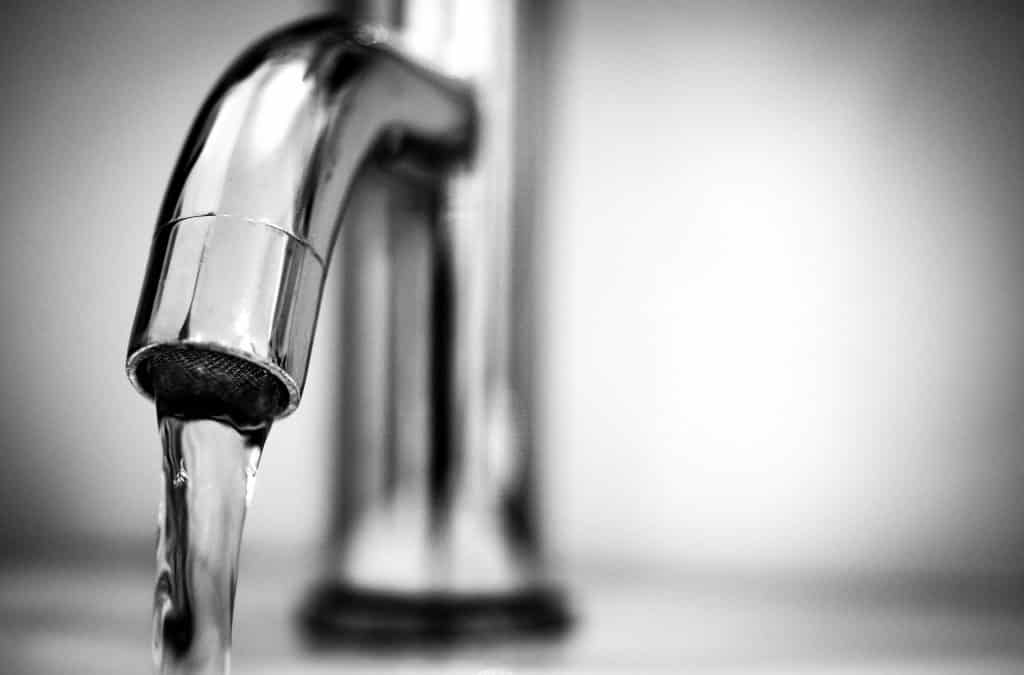

1 Comment
Congratulations on finding a great house! I hope the inspection goes smoothly and you’re able to make it yours. Remember, it’s always better to be safe than sorry when it comes to home ownership, so make sure to take your time and do your due diligence during the inspection process